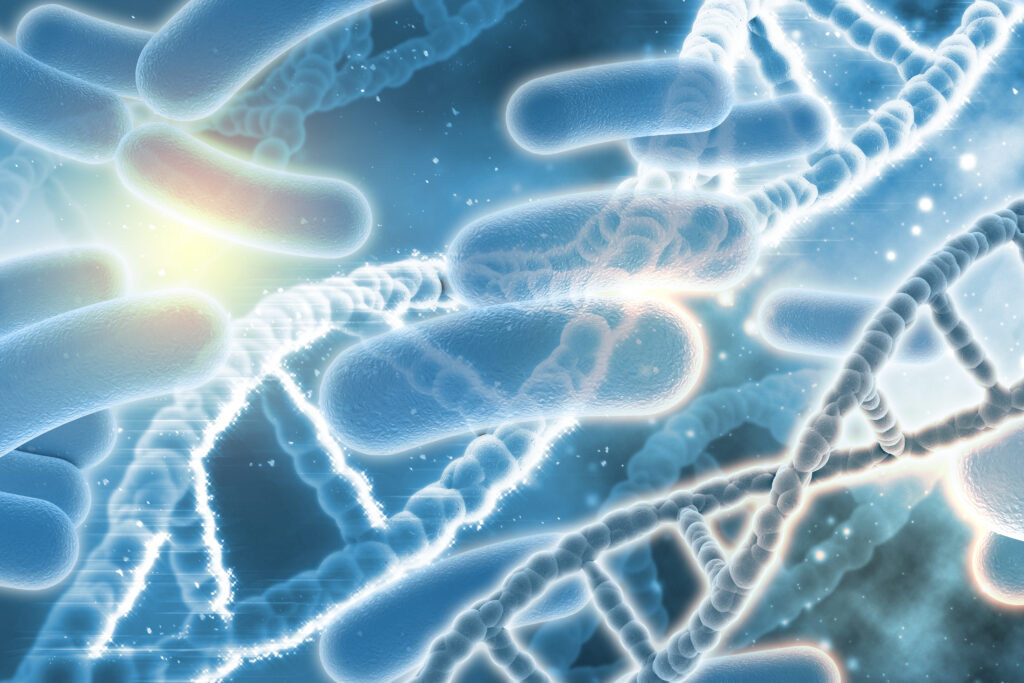AI reveals hidden messages in gut microbes
New insights using AI show how gut microbes influence metabolites, opening paths for therapies tailored to individual microbiomes.

Researchers at the University of Tokyo in Japan have utilised AI to investigate the intricate world of gut bacteria and their chemical signals.
Their system, VBayesMM, utilises a Bayesian neural network to identify genuine connections between bacteria and human health that traditional methods often overlook.
The human gut contains roughly 100 trillion bacterial cells, which interact with human metabolism, immunity and brain function through thousands of chemical compounds called metabolites.
Using AI, scientists can map which bacteria influence specific metabolites, offering hope for personalised treatment strategies for conditions such as obesity, sleep disorders and cancer.
VBayesMM stands out by recognising uncertainty in its predictions, offering more reliable insights than conventional models.
Researchers plan to expand the system to analyse larger and more diverse datasets, aiming to identify bacterial targets for therapies or dietary interventions that could improve patient outcomes.
Would you like to learn more about AI, tech and digital diplomacy? If so, ask our Diplo chatbot!
